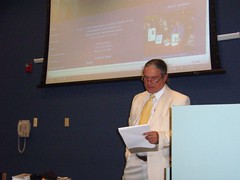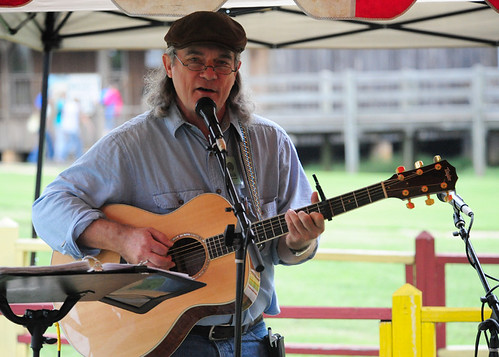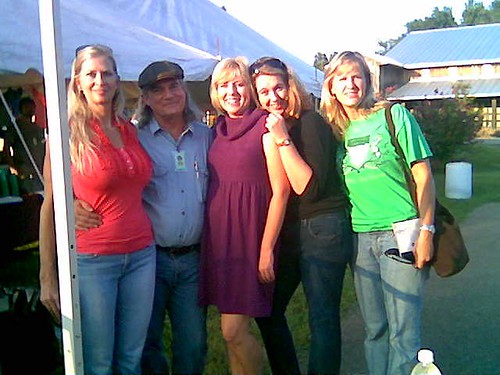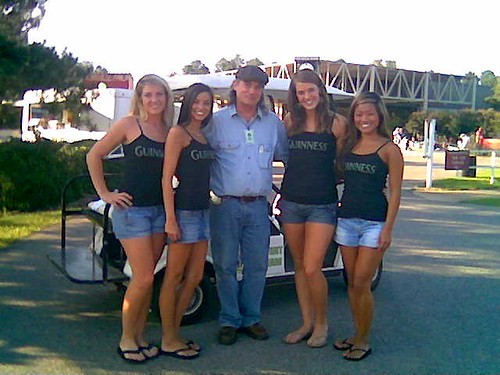Today, I’m posting a review of my new children’s book that was printed in the September/October issue of Ceili, a Publication of the Southwest Celtic Music Association.
Scottish Alphabet
Written by Rickey E. Pittman
Illustrated by Connie McLennan
A Book Review by Dawn Sparacio
How does one write a book review for an ABC book? There’s no plot, no action, no redeeming moral. And yet, how does one get the word out about such a book unless there is a review? This is a dilemma I’m happy to attempt, and only hope my words and screenshots taken from some of the book pages will peak your interest – especially if you are a parent, grandparent, aunt or uncle to a young child.
Scottish Alphabet by Rickey E. Pittman is so much more than your run-of-the-mill ABC primer. History, culture, and mythology are all included in this simple work. Illustrations by Connie McLennan made the book an interesting read, even for this old bird!
It is not enough to say this book teaches the ABCs to beginning readers. Mr. Pittman has included Scottish culture and history in the “sing-song” verses that accompany each letter. Ms. McLennan’s graphic yet simple illustration style includes not only pictures for Mr. Pittman’s words, but adds traditional art elements (such as Celtic knotwork and woven patterns) and native Scottish animal life to each picture. While you may not recognize some of the animals (I didn’t!), you at least have a visual idea of some of the native life in Scotland.
The little rhymes Mr. Pittman uses to describe each letter also include words highlighted in bold text. They may not begin with the letter on the page, but they are often times words that a child exposed to Celtic culture will hear or see. These highlighted terms are included in a short glossary at the end of the book, with Scottish Gallic words including pronunciation guides.
Very young children will enjoy looking at the pictures as they are learning their ABCs. Slightly older children will begin to learn a little history and culture as they read the verses. And those of us who refuse to grow up will delight in the simplicity of a time when all the world was new and everything we saw taught a lesson.
Rickey Pittman’s book Scottish Alphabet, along with other books he has written, can be purchased online at his website: http://www.rickeypittman.com/books.html.






